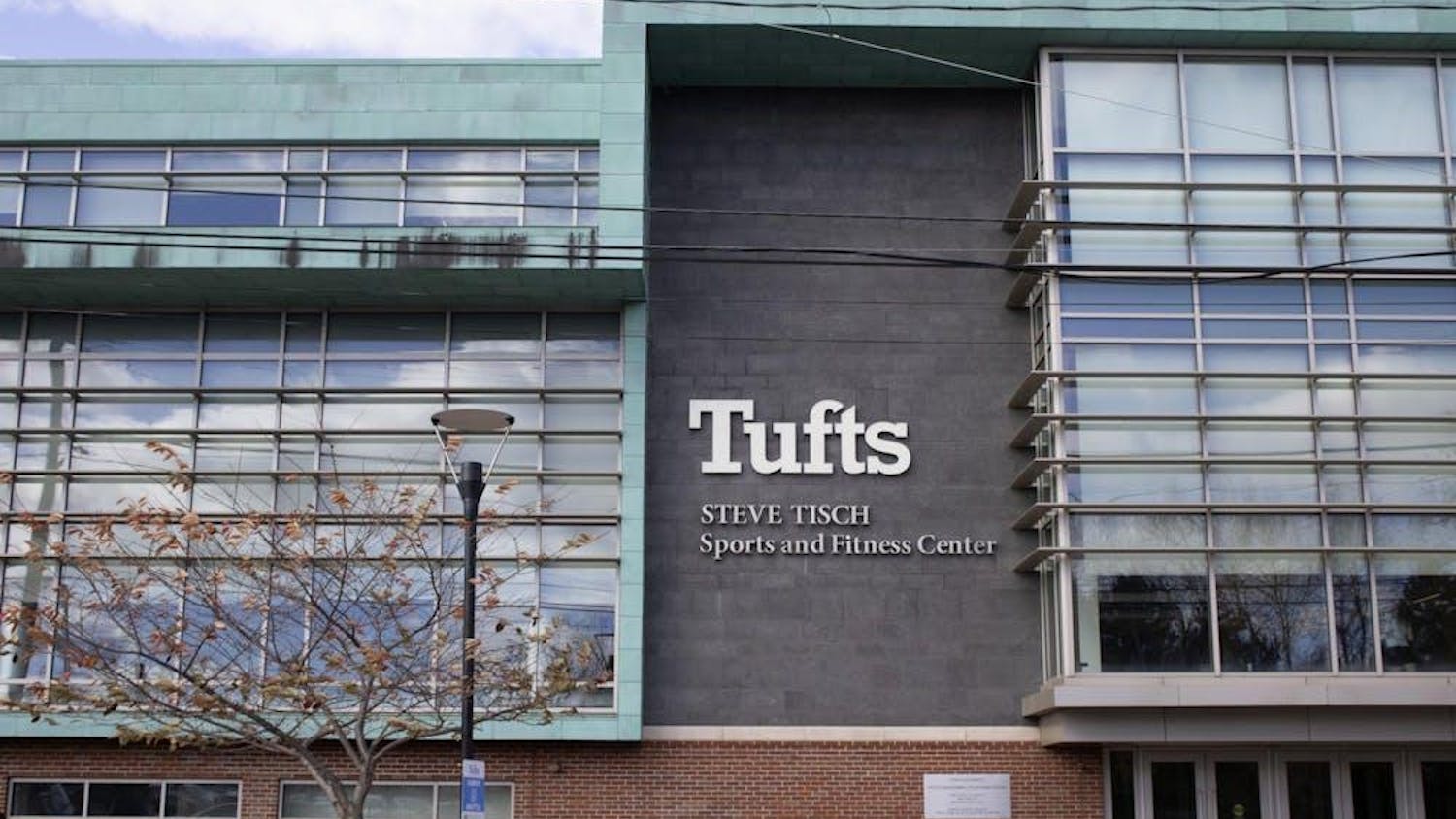J. Craig Venter, a leading scientist in modern genomic research, delivered a Presidents Lecture yesterday on the processes that define and alter existing life.
Among the first biologists to sequence the human genome, Venter founded Celera Genomics and the J. Craig Venter Institute (JCVI), a non-profit genomics research lab, according to University President Anthony Monaco.
He is regarded as one of the leading scientists of the 21st century, Monaco said. He continues to blaze new trails in his research.
Monaco, who himself worked on neurobiology and genetics before coming to Tufts, described Venters background as a scientist, graduating from the University of California, San Diego and publishing over 250 research articles as well as developing expressed sequence tags (ESTs). Monaco also mentioned the numerous awards and honors Venter has received, including the King Faisal International Award for Science, the Gairdner Foundation International Award, and the United States National Medal of Science.
Venter also recently helped found Human Longevity Inc., a genomics-based company that aims to find new approaches to slow age-related disease, Monaco said.
Venter opened with a slideshow of photos of JCVI on the University of California, San Diego campus, the facilities of which are entirely carbon neutral. He said that a major goal of his institution involves digitizing biology.
This is a new and wonderful environment to pursue this research, he said of the JCVI. We are concerned with converting A, C, T, and Gs [the basic building block of DNA] into the ones and zeroes in a computer.
Venters research team is credited with sequencing the first genome of a living organism. He used what he described as the shotgun method through which it can take from a few months to a year to sequence a genome, a relatively short amount of time.
This is a key part of the future of biology, Venter said. It enables us to handle up to 100,000 genomes per year. The hard part is defining what each and every organism is, what everyone is made up of.
He explained that his research team, including various physiologists and psychiatrists, is currently working on defining the human phenotype, as well as ordering sequencing machines to speed up the process.
Now the practice is getting faster and cheaper with the help of technology, he said. It will put pressure on many other elements ... we want to ask these questions in a comprehensive fashion. Our goal is to change the nature and scale of sequencing.
Venter also explained how his research is used now and how it could be used in the future. Some of these applications include using genome sequencing in cancer care, particularly lung cancer, according to Venter, who said that as long as there is government funding and there are third party donors, this line of study could yield incredible clinical results.
We are trying to layer method after method of [research], but each one also exists in isolation, Venter said. We want to pull these together to understand their full potential.
Venter explained that some of his research involves induced pluripotent stem cells (iPS) and is primarily focused on new medicinal efforts, particularly vaccines, such as those for Type B meningitis.
We are attempting to integrate all of this data into a new super-database ... and rewrite the genetic code for stem cells so [they can] be used effectively for therapy, he said.
Venter explained that he sees great potential in starting with the most basic ones and zeroes and using them as a springboard to alter and recreatelife. He compared this to software having the capability to build its own hardware.
Life is a DNA software system and if you change the software, you change the species, he said.
According to Venter, scientists will eventually be able to stitch [the particles] together to make an entire chromosome.
He described his current work as controversial and experimental, but highly promising, especially that of biological teleportation of foreign biological samples. He said that the development process has taken a long period of time due to the complex and relatively unknown nature of the genome across all species.
The worst any scientist can do is talk themselves out of an experiment, he said. We are working to design a species in the computer for the first time ... and we are very close to a completely designed organism.
Following Venters lecture, audience members asked questions about how to improve the accessibility of genomic research, how to understand the impacts government funding has on his lab, and how to answer religious questions concerning the creation of new living organisms. He concluded with an explanation of the overall importance of these genomic advances.
Changes in software will change who you are, he said, and they will change what your life outcomes are.





